From 1 October, the European Union’s carbon border adjustment mechanism (CBAM) will come into effect during a transition period to manage the carbon emissions during the production of all imported goods into the EU. This is a challenge but also a driving force for businesses to accelerate the green transition.
Carbon tax is a tool used in many countries around the world to encourage businesses and people to reduce greenhouse gas emissions. The taxable object is direct emissions or the carbon content of fossil fuels…
Once the CBAM comes into force, a carbon tax will be applied to all goods imported into the EU market based on the greenhouse gas emission intensity of the exporting country's production process.
CBAM will be implemented in three phases. From October 2023 to 2025 is a transition period, in which businesses will have to report total emissions integrated in goods by type and will not be subject to CBAM fees. From 2026 to 2034, businesses will need to purchase 1 CBAM certificate for each ton of CO2 equivalent contained in the product. The EU will gradually eliminate the free allocation of greenhouse gas emission quotas. By 2034, businesses will have to pay 100% of the CBAM fees.
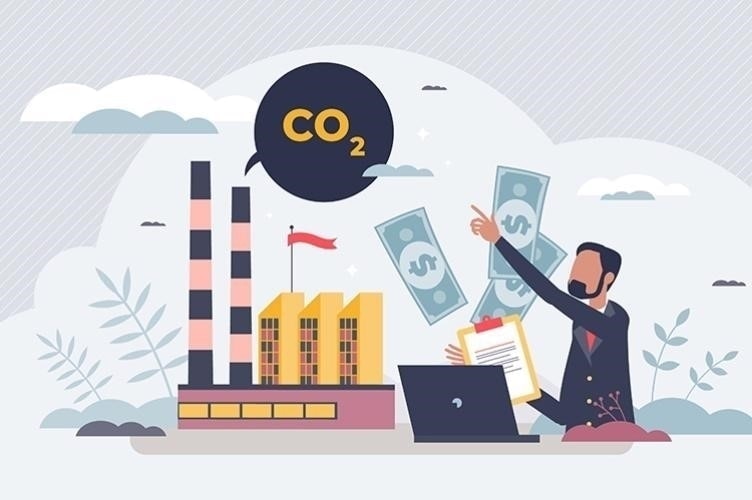
The EU will pilot a carbon tax on exported goods from next October. Photo: vneconomy
According to many experts, the EU CBAM will directly impact four major manufacturing and export sectors of Vietnam: iron and steel, cement, aluminum and fertilizer. These are sectors and fields with high risk of leakage and carbon emissions, accounting for 94% of the EU's industrial emissions.
According to a report assessing the impact of carbon tax on three countries including Vietnam, Thailand and India conducted by the World Bank in May 2021, this tax will increase the annual cost of three Vietnamese export products to the European market (steel, cement and aluminum) by 36 billion USD.
Vietnam is the 11th largest partner in terms of imported goods into the EU. Not only aluminum and steel, but many industries in the high-emission industrial production group such as textiles, footwear, etc. will also have to adapt.
Adapting to the carbon border adjustment mechanism
CBAM brings many challenges but at the same time is the driving force for businesses to accelerate the green transformation process.
According to experts from Dezan Shira & Associates, CBAM could be a driving force to accelerate the implementation of the commitment to bring net zero emissions by 2050. Specifically, CBAM will not apply to countries participating in the EU's emissions trading scheme (ETS), so Vietnam can promote the establishment of a carbon pricing system and participate in the ETS to avoid being taxed.
In addition, low-carbon technology industries, energy-saving technologies, and clean energy production industries will be the industries and sectors that benefit, because increasing investment in these industries is also a way to avoid paying carbon fees under the CBAM mechanism. With abundant renewable energy potential and the favorable conditions when the newly approved Power Plan VIII, Vietnam can accelerate the process of carbon neutrality in the energy sector, using it as a foundation to reduce emissions for the entire economy .
According to Mr. Nguyen Quang Huy, Head of the Environmental Protection Department of the Vietnam Oil and Gas Group (PVN), Vietnam's environmental protection taxes and fees are currently relatively complete and a decree regulating environmental protection fees for emissions will be passed soon. Thus, "emissions, wastewater, and solid waste must all pay environmental protection fees. On the input side, we also have to pay environmental protection tax on crude oil or natural gas. Obviously, it can be seen that the regulations are relatively complete," said Mr. Huy.
In response to regulations on greenhouse gas emission control, many leading corporations such as Nike, Adidas, Coca-Cola, and Heineken have also set environmental criteria for selecting suppliers. Businesses that pollute during the production process and do not have energy-saving solutions may have their orders stopped or rejected.
National Coordinator of the Southeast Asia Energy Transition Partnership Fund in Vietnam, Do Manh Toan, affirmed that implementing measures to combat climate change and reduce greenhouse gas emissions is urgent and needs to be done effectively.
In particular, the development and application of carbon pricing as well as carbon tax is necessary to meet climate and economic goals, initially to adapt to the CBAM mechanism applied by the EU, starting on a pilot basis from October 1, 2023 and officially applying from 2026.
In the long term, applying a carbon tax would be a way to retain money in Vietnam for purposes related to combating climate change and reducing greenhouse gas emissions.
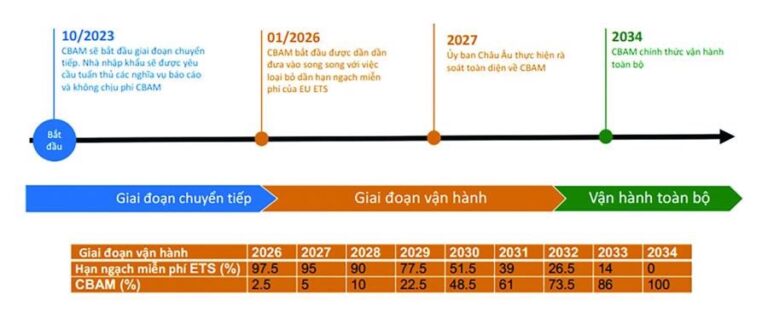 The CBAM mechanism will begin to apply in a transitional period from October 1, 2023. Photo: vneconomy As planned, from October 1, 2023, 27 European Union (EU) member countries will begin piloting carbon taxation on goods exported to this market under the Carbon Border Adjustment Mechanism (CBAM). Accordingly, importing enterprises are obliged to report at the end of each quarter the emissions recorded in CBAM goods without having to pay the adjustment cost. After the pilot phase, CBAM will be fully implemented from 2026, enterprises are obliged to report carbon emissions and pay taxes. |
Thuy Trang



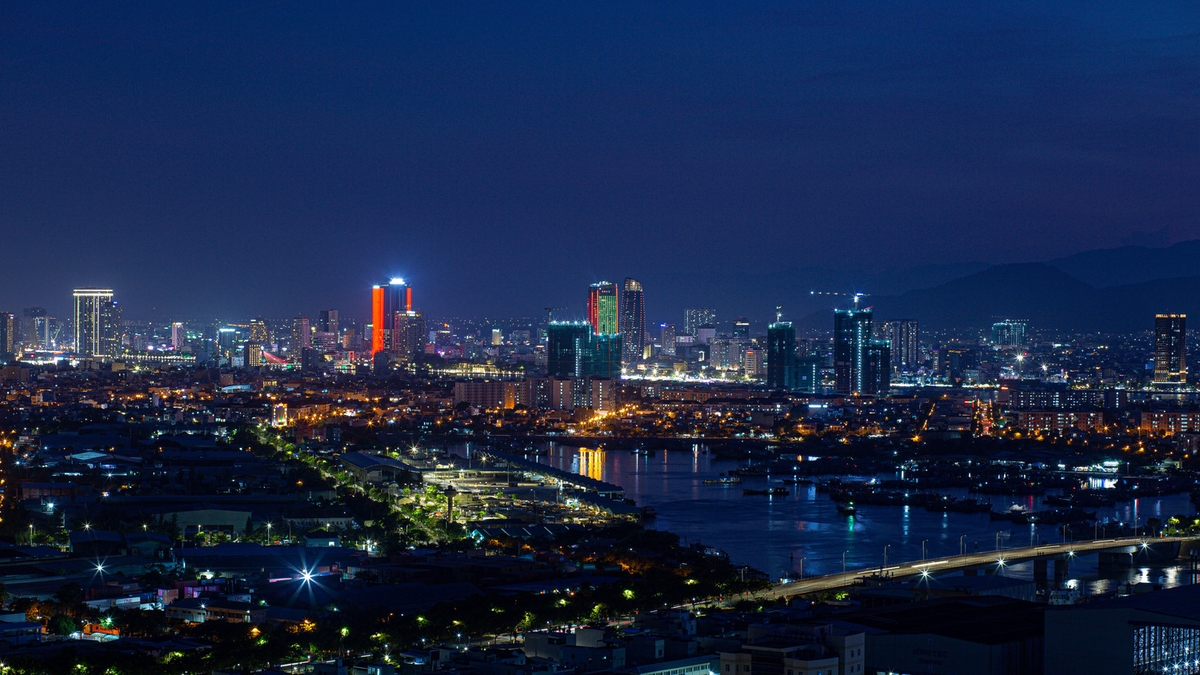
![[Photo] The 1st Government Party Congress held a preparatory session.](https://vphoto.vietnam.vn/thumb/1200x675/vietnam/resource/IMAGE/2025/10/12/1760257471531_dsc-4089-jpg.webp)

![[Photo] Delegation attending the Government Party Congress visited President Ho Chi Minh's Mausoleum](https://vphoto.vietnam.vn/thumb/1200x675/vietnam/resource/IMAGE/2025/10/12/1760240068221_dsc-3526-jpg.webp)
![[Photo] National Assembly Chairman Tran Thanh Man attends the 725th anniversary of the death of National Hero Tran Hung Dao](https://vphoto.vietnam.vn/thumb/1200x675/vietnam/resource/IMAGE/2025/10/12/1760285740475_ndo_br_bnd-8978-jpg.webp)






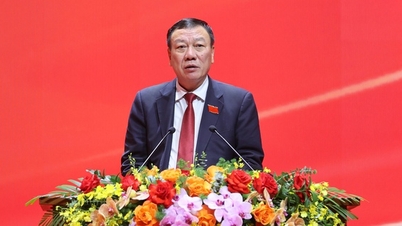

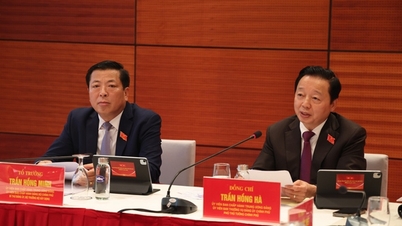











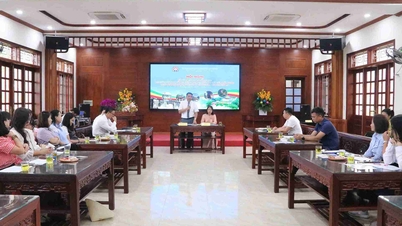


















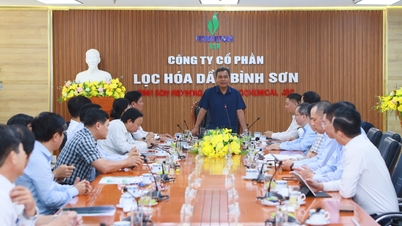









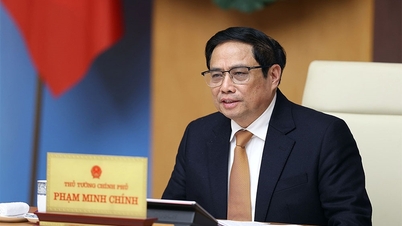

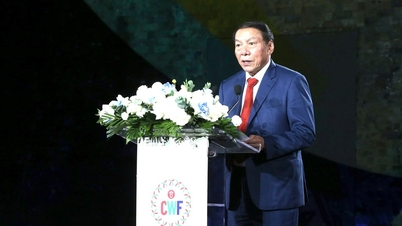

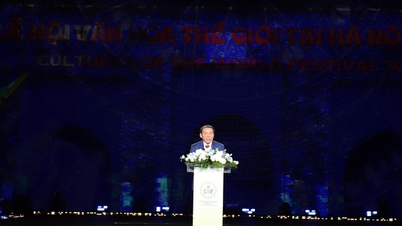



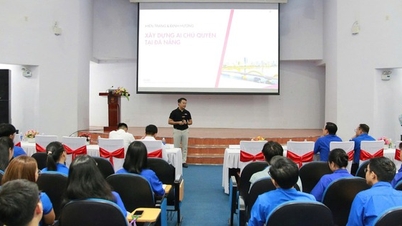

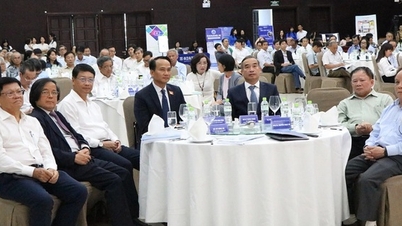

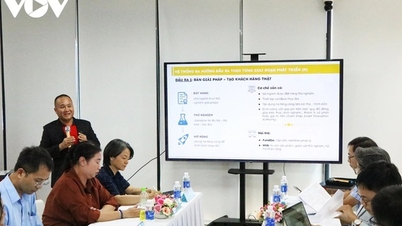


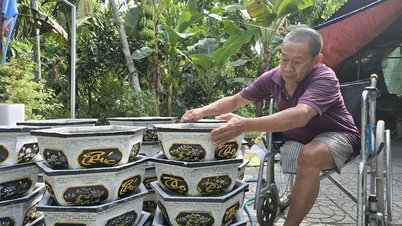



















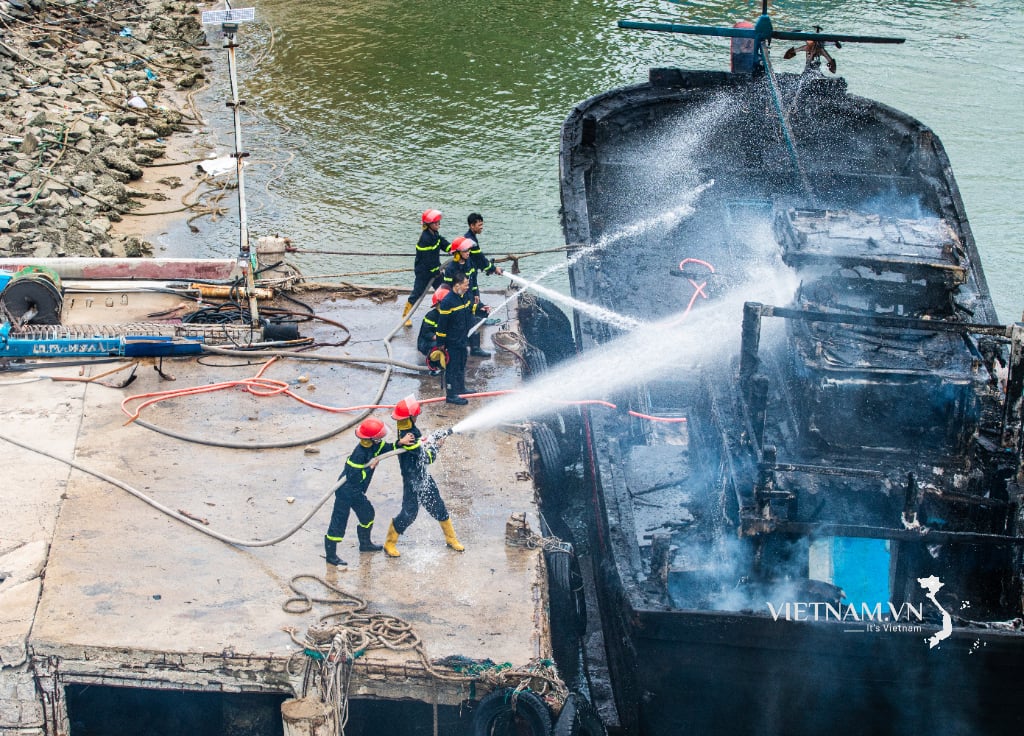
Comment (0)